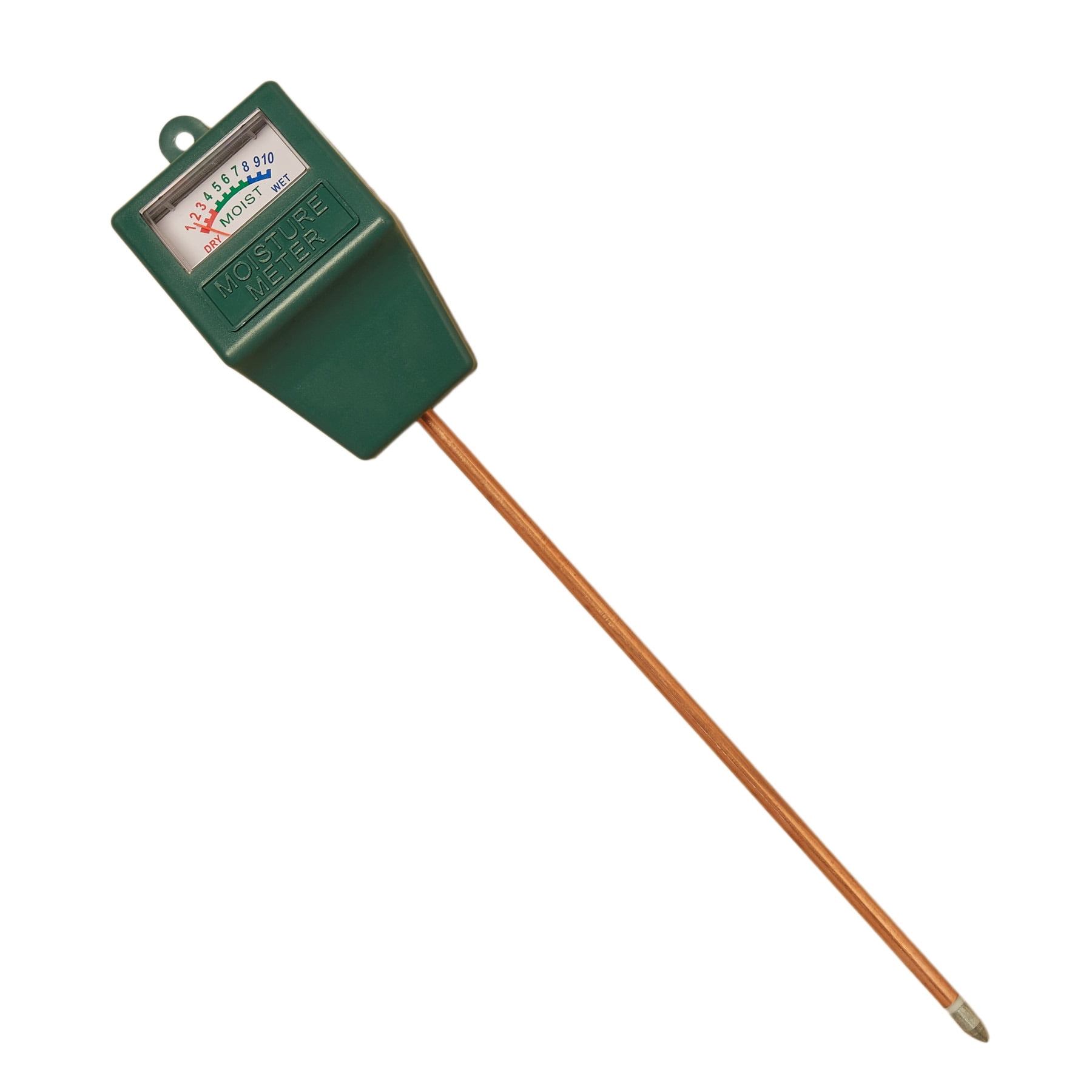The Ultimate Overview to Wetness Meters: A Comprehensive Introduction and Just How They Can Save You Cash
In the world of structure upkeep, construction, and various industries, the value of precisely gauging dampness levels can not be overemphasized. Dampness meters act as important devices in discovering and checking moisture web content in materials, helping in preventing expensive damages and guaranteeing the high quality of items. Comprehending the nuances of different sorts of wetness meters, their applications, and the prospective cost-saving benefits they offer can be a game-changer for services and specialists alike. Uncovering just how these devices can not only simplify processes but additionally contribute to monetary cost savings is a journey worth starting.
Kinds Of Moisture Meters
Different kinds of wetness meters are offered for various applications in various industries. One usual kind is the pin-type moisture meter, which measures the electrical resistance between 2 pins put right into a product. This type is appropriate for timber, drywall, and various other structure materials. Pinless wetness meters, on the various other hand, usage electro-magnetic sensing unit plates to scan a bigger location without causing damage to the product's surface. Moisture Meter. These meters are ideal for rapidly assessing moisture levels in big areas such as floors and walls.

Infrared wetness meters gauge the thermal residential properties of a material to establish its moisture material non-invasively, making them valuable for applications where pin or pinless meters may not be ideal. Comprehending the various kinds of moisture meters readily available can help markets pick the most suitable device for their particular dampness measurement requirements.

Advantages of Utilizing Moisture Meters
Wetness meters offer vital advantages in properly evaluating and monitoring wetness levels in varied materials and settings (Moisture Meter). One of the key benefits of making use of wetness meters is the avoidance of potential damages brought on by excess wetness. By spotting and resolving high wetness degrees early on, dampness meters help to avoid mold development, rot, and structural damage in structures, saving both money and time on fixings. Additionally, wetness meters aid in making certain the quality of products during building or manufacturing processes. By precisely determining wetness material, these tools assist preserve the stability of wood, drywall, concrete, and other materials, decreasing the risk of failures or defects.
In addition, utilizing dampness meters can lead to enhanced power efficiency. In farming settings, wetness meters play a crucial function in maximizing crop returns by allowing farmers to check soil moisture levels and make informed irrigation choices.
How to Choose the Right Wetness Meter
When picking a dampness meter, it's necessary to make sure that the meter is appropriate for the particular material you will certainly be screening. Different products have varying electrical properties that can influence dampness readings, so picking a meter created for your material is critical for accurate outcomes. By thoroughly reviewing these elements, you can select a dampness meter that satisfies your requirements and supplies exact moisture measurements for your projects.
Correct Methods for Wetness Meter Use

Price Cost Savings Via Wetness Meter Applications
Just how can the strategic application of wetness meters lead to significant expense savings throughout various sectors? In the agriculture sector, wetness meters help in figuring out the optimal time for gathering crops, stopping over-drying or see page excess dampness that can impact the last item's high quality.
Similarly, in building, dampness meters assist protect against expensive problems by discovering moisture levels in structure materials, such as wood or concrete, which can bring about structural problems otherwise dealt with immediately. By identifying issue locations early on, specialists can take rehabilitative steps to prevent extensive repair work or substitutes, ultimately saving time and cash.
Furthermore, in the food processing sector, moisture meters are necessary for keeping track of item quality and making sure compliance with safety guidelines. By properly measuring wetness material in food, producers can protect against spoilage, keep freshness, and minimize waste, causing significant cost savings. Generally, the strategic application of dampness meters is a valuable investment that can bring about significant price reductions and boosted performance across different markets.
Verdict
In conclusion, wetness meters are important devices for gauging and spotting dampness levels in numerous materials. By making use of the best dampness meter and complying with correct methods, customers can efficiently prevent expensive problems caused by excess dampness.
Moisture meters offer as important devices in discovering and monitoring moisture material in products, aiding in stopping pricey damages and making certain the quality of items. Infrared moisture meters determine the thermal properties of a product to navigate to this website determine its wetness content non-invasively, making them beneficial for applications where pin or pinless meters may not be appropriate.Dampness meters provide very useful advantages in properly checking and assessing wetness degrees in diverse products and settings. In agricultural setups, moisture meters play a vital duty in optimizing crop yields by allowing farmers to monitor soil dampness degrees and make notified irrigation decisions.In final thought, wetness meters are useful devices for determining and identifying dampness degrees in numerous products.